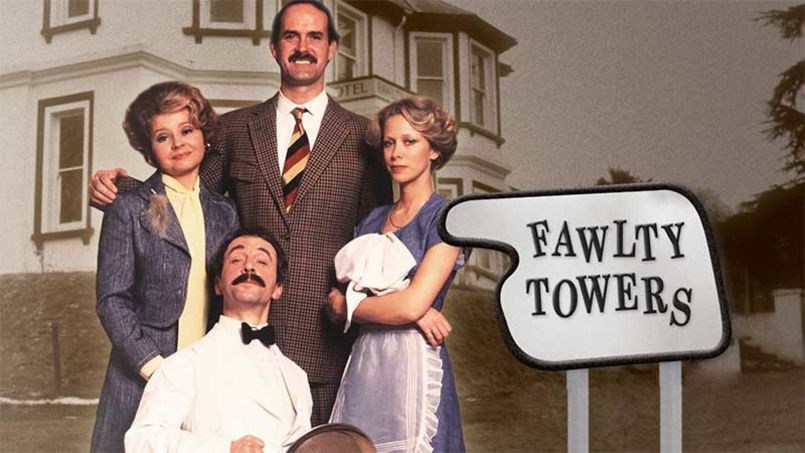Continuing Logie Group’s programme of collaborating with fellow experts, we recently teamed up with John Cleese’s character from the iconic 1970s sitcom to suggest how to sort out his wife Sybil. He saw this as a first.
The government’s Coronavirus Business Interruption Loans Scheme promises loans of up to GBP5 million to SMEs from its British Business Bank via commercial lenders. The first year is interest free; repayment is out to six years; and the government guarantees 80% of any losses on a pro rata basis.
But uptake has been slow. The main reason is the 80%.
Today, UK Chancellor Rishi Sunak was being pressured by those who should know better to guarantee 100% of loans of up to GBP25,000 to “micro – SMEs” (No, I don’t know either). He should instead revisit our advice.
The banks are reluctant to lend because, even before the lock down, they considered many SMEs to be a poor credit and and / or too small to be worth their while. The 80% guarantee does not change the risk – indeed, government restrictions on what security banks can take could make this worse – it merely reduces the amount of the loss incurred by the bank as and when the loan defaults. Besides, projecting cash flows from the midst of a lockdown of unknown duration will involve much raising of licked fingers into the air.
Hence the calls for the government to guarantee 100% of loans. However, as we warned, this would create untold moral hazard in that banks then need take no responsibility for assessing borrowers’ credit and the results could be very expensive for the taxpayer.
We argued that, not for the first time, a more elegant solution could be borrowed from the world of Project Finance: simply make the government’s contribution a first loss position. Thus, if a borrower can repay only, say, 15% of the loan (when and how much to be determined), then the government loses the first 80%; the bank loses 5% but receives the 15% repayment. Compare this to the current pro – rata structure where the bank would get only 20% of the 15%, i.e. 3%. This greatly reduces the likelihood of the bank losing money and therefore its reluctance to lend – but, crucially, does not absolve the bank of responsibility for assessing the risk in the first place.
And then Manuel may even get to keep his job once the hotel reopens.
(However, the hotel in Torquay which inspired the TV series closed in 2015 to make way for a retirement home. Oh dear.)







